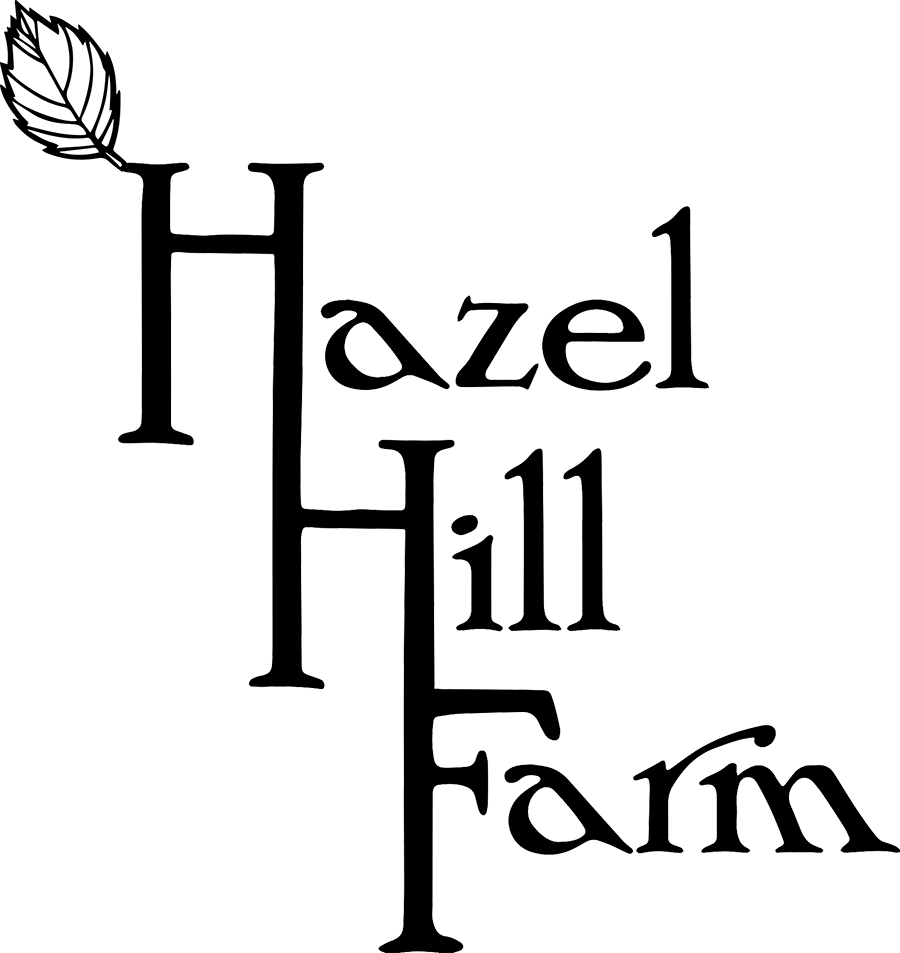Last week, as I made caramels for the first time, I found myself bent almost double over the stove, eyes glued to the mercury in the candy thermometer, utterly concentrated on watching the blue line rise to exactly the right number. Too hot, and the caramels would turn out tooth-wrenchingly hard; not hot enough and they’d stick to the wrappers and be impossible to eat. Turn away for a minute, I was warned, and you might return to find a pan full of scorched sugar. The stakes are high. The sugar bubbles and browns, my brow furrows. I add the butter and cream, the mixture froths and boils, my stomach clenches. 135 . . .140 . . . 145 . . . I rock back on my heels, grope for the bunched kitchen towels from the counter, grasp the hot handles through uneven layers of cotton, hold firmly while the golden brown cascade spreads to fill the papered and oiled pan. I exhale the breath I didn’t know I was holding. I am grinning, absurdly proud of myself for performing this amazing feat of alchemy, skirting pitfalls galore to turn plain cream and butter and sugar into something perfect. Something you can cut into pieces, wrap into little squares of wax paper, and give away to mail carriers, co-workers, family, bring to holiday parties, tuck in a padded envelope and send to friends scattered around far coasts.
Two days after I made my first (double) batch, I made my second, this time stirring in ground ginger, cinnamon, and garam masala for a warming gingerbread flavor. I’m addicted. This afternoon I’m going to the grocery store for supplies for a few more batches. It’s not that I can’t stop eating them. It’s that I can’t stop making them. There’s something arresting about making this simple candy that comes into being between raw and burnt. Caramels are the delicious incarnation of a liminal state. Thrilling, dangerous, delicious. Liminality (excuse the $10 word), in fact, seems to be the path to my heart/stomach. All of my favorite food are consumed somewhere on the path to rot and decay: stinky, gooey, moldy cheeses, dry-cured meats, fermented vegetables, wine and beer, etc. I could even make the case that in baking bread, you arrest the water+flour+yeast in the perfect moment on the way to yeast+goo+hooch. In fact, every time I cook using the Maillard reaction (the most delicious of all chemical reactions), I am looking for a perfectly liminal state. Post-raw, pre-burnt. The broiler is the ultimate weapon in this dance with destruction, a tool to be used as often but attentively as possible.
Maybe I lean towards hyperbole in these descriptions of everyday kitchen procedures. I should be glad to get my thrills from courting disaster in the kitchen instead of on a motorcycle or jumping out of airplanes. On the other hand, it is hard to deny that in some ways I have been living in a prolonged liminal state for quite a few years now - always on my way, but never there. Becoming a responsible adult, becoming a farmer, keeping myself from swinging too close to the precarious cliffs of insolvency, uninsured ill health, or simple failure in my crazy endeavors. I’m forever looking forward, planning, dreaming, scheming. Sometimes, this translates to energy, momentum, and the general feeling that my own mundane life is somehow dangerous and exciting. And sometimes I’m just sitting in my kitchen, smiling to myself, wrapping caramels, going nowhere, just being.







